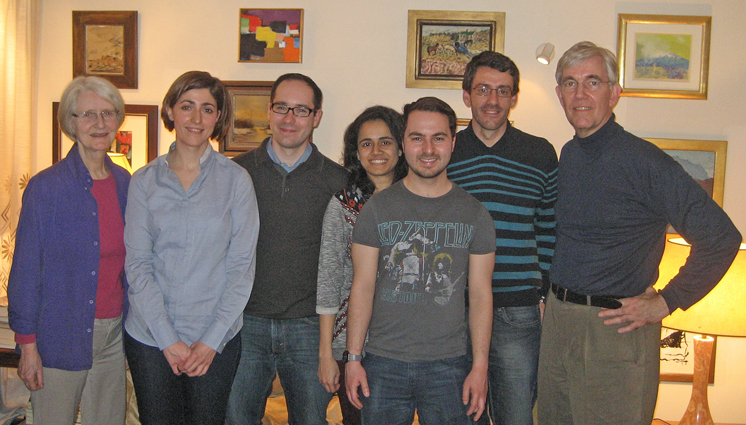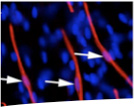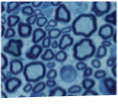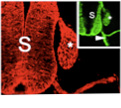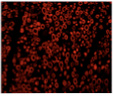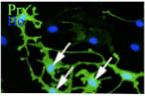The Laboratory of Kristjan R Jessen and Rhona Mirsky
We are interested in Schwann cells, the glial cells of peripheral nerves. These cells provide signals that are essential for the survival of developing neurons, and signals from Schwann cells control the integrity of peripheral nerves in the adult. The myelin sheaths that Schwann cells make around axons are needed for conduction of nerve impulses and failure of myelin sheaths leads to paralysis. In damaged nerves, Schwann cells guide regrowing axons and make nerve repair possible. Schwann cells can do this because of the striking and unusual ability of these cells to dedifferentiate. Dedifferentiation is triggered by nerve injury and generates an environment that supports neuronal survival, axon growth and nerve regeneration. But Schwann cell dedifferentiation and demyelination is also a major problem in common inherited and acquired neuropathies.
The work of the laboratory addresses a group of interlocking issues in Schwann cell biology that deal with early Schwann cell development and the biology of the Schwann cell precursor, control of myelination, and the response of Schwann cells to injury and genetic disease, including the control of demyelination and control of axon regrowth and repair. To learn about these events we study molecular signalling between neurons and glia, examine how transcription factors control differentiation programmes and analyse intracellular signalling cascades that regulate survival, proliferation, myelination and demyelination. We use cells from rats and normal and transgenic and knockout mice, and a variety of molecular, biochemical, cell biological and cell culture techniques.
Read an interview with Professors Jessen and Mirsky about their work on Schwann Cells.
